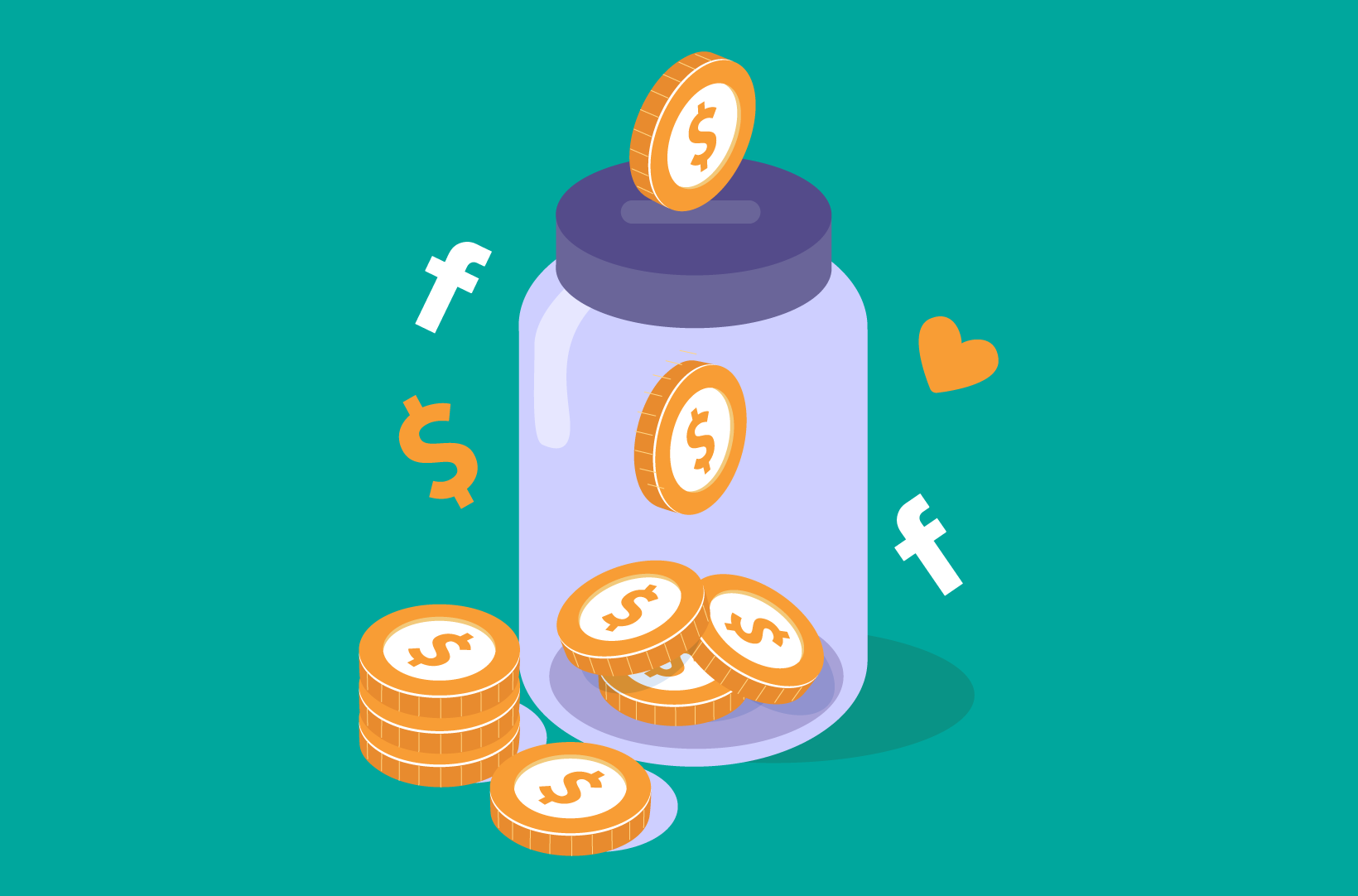NEWS
The Impact of Donation And How it Can Change Lives

Donating to those in need can have a profound impact that ripples outward, uplifting both the giver and the receiver. Whether it’s donating money, items, time, talents or anything else of value, generosity and charity can dramatically improve lives in myriad ways. Even small acts of giving can change destinies and communities when done with an open heart and mindful spirit.
The effects of mindful donations to organizations such as LifeSavers Foundation address real needs and have the potential to transform both individuals and society as a whole. For people struggling with poverty, oppression, or illness, a donation can provide essential necessities that offer hope and a lifeline. For the giver, donating one’s time, money and compassion counteracts the isolating effects of privilege and connects us to our shared humanity. Generosity fuels social movements seeking systemic change and major advancements that benefit all. Though the average person may not be able to give large sums, every donation makes a meaningful difference. When many small acts of compassion and concern for strangers are pooled together, the outcome can enact profound progress.
How Donations Help Recipients
For the recipient, a donation can provide basic necessities that are otherwise unavailable. Donations to food banks give families nutritious meals. Donations to shelters offer warmth and safety. Donations to schools provide books and other learning materials that aid education. Even small donations make a difference in helping people meet fundamental needs.
Donations can also fund major advancements. Donors supporting medical research help find cures and improve treatments. Donations to social justice causes fuel movements that enact systemic change. Philanthropy provides resources that transform society for the better. Though the average person may not be able to donate large sums, pooling many small donations creates progress.
Beyond material goods, donations send a powerful message of compassion. Generosity says “You matter. Your struggle matters. Someone cares.” This boosts the recipient’s dignity and resilience. Knowing help is available encourages people to keep trying during hard times. Donations show vulnerability and suffering do not go unnoticed, renewing recipients’ spirit.
How Donating Impacts the Giver
Giving also profoundly impacts the donor. Studying the psychology of philanthropy reveals several benefits. Donating activates the reward center of the brain, releasing endorphins that create a “helper’s high.” Generosity is linked to increased happiness, life satisfaction, and a sense of purpose. Giving back makes people feel more connected to others and part of something greater than themselves.
Donations also counteract the negative effects of privilege and power. Those blessed with wealth and advantage can easily operate in isolated bubbles of self-interest. Donating moves focus from “me” to “we,” reminding everyone is interconnected. We depend on each other, not just ourselves. Showing concern for strangers’ well-being fosters empathy and compassion.
The Need for Mindful Generosity
Of course, some donations are problematic. “Slacktivism” and superficial giving risk making donors feel good without real change. Donations with strings attached can hurt dignity. But overall, mindful generosity that addresses the root causes of suffering provides meaningful improvements.
In a frequently heartless world of indifference and isolation, we all long to know others care. We yearn to matter. Though dark times tempt retreat into self-interest, donations shine a light on shared humanity. One act of generosity builds bonds strengthening the giver, receiver, and wider community. With active compassion and mindfulness, donations transform lives.
Having completed my education in English, I’ve cultivated a successful career as a content writer. My tenure includes valued collaborations with distinguished professional organizations, reflecting my commitment to producing high-quality content.
Contact me on this mail: [email protected]










